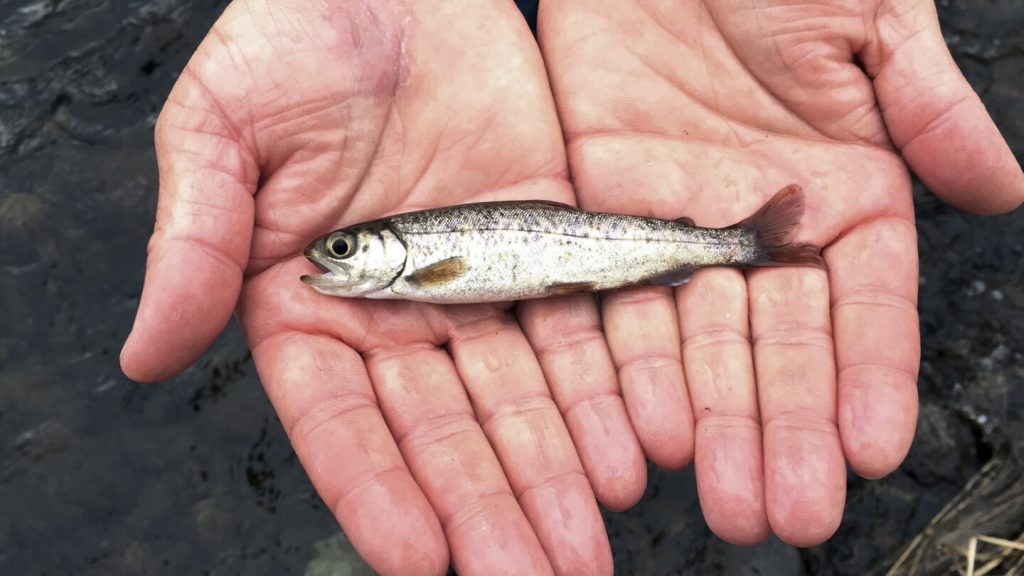The National Oceanic and Atmospheric Administration released its annual “Status of the Stocks” report, showing a new low in the number of fish on the government’s overfishing list. The report revealed that 94% of fish stocks are not subject to overfishing, representing a slight improvement from the previous year. Several important fish stocks, such as Atlantic mackerel and cubera snapper, were removed from the overfishing list, indicating progress in U.S. fisheries management.
International efforts to combat illegal, unreported, and unregulated fishing have been ongoing, with the European Commission prioritizing measures to deter unsustainable fishing practices. NOAA’s administrator, Rick Spinrad, emphasized the importance of ending overfishing and rebuilding stocks to enhance the value of U.S. fisheries to the economy, communities, and marine ecosystems. The U.S. has been successful in removing fish species from the overfishing list in recent years, demonstrating a commitment to sustainable fishing practices.
In addition to the overfishing list, NOAA also monitors overfished stocks, which are species with a population size deemed too low. The agency reported a slight decrease in the number of overfished stocks last year, with more than 80% of fish stocks considered not overfished. Species like Atlantic coast bluefish and Washington coast coho salmon were removed from the overfished list, while others, including Mid-Atlantic summer flounder, were added. Commercial fishermen harvested over 8 billion pounds of seafood worth nearly $6 billion in 2022, highlighting the economic significance of the industry.
The positive trends in U.S. fisheries management reflect ongoing efforts to promote sustainability and conservation of marine resources. By implementing science-based management practices and reducing overfishing, the U.S. has been able to improve the health of fish stocks and marine ecosystems. These developments are crucial for maintaining the long-term viability of the fishing industry and ensuring a sustainable seafood supply for future generations.
While progress has been made in reducing overfishing and overfished stocks, challenges remain in addressing other threats to marine biodiversity, such as habitat destruction and pollution. Continued collaboration among government agencies, stakeholders, and the fishing industry will be essential to further enhance the sustainability of U.S. fisheries and protect the health of marine ecosystems. The latest report from NOAA serves as a reminder of the importance of responsible fisheries management in ensuring the long-term health and productivity of marine resources.


